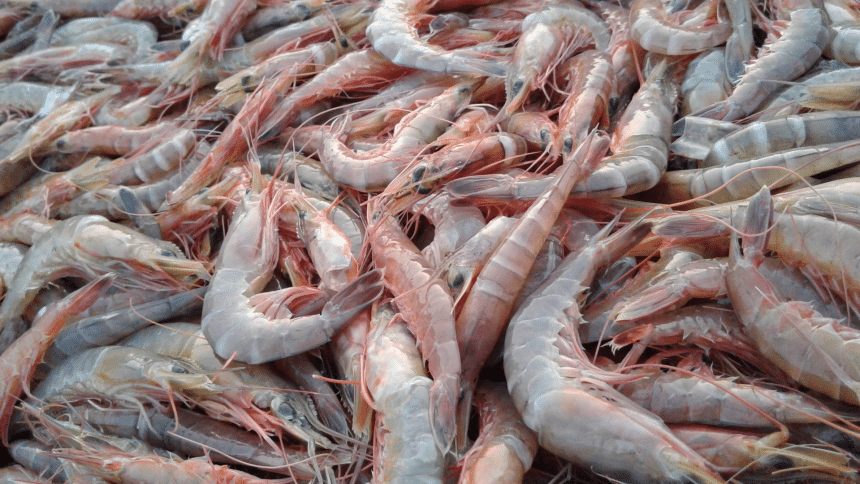A proverbial black eye stains the restaurant industry on the Mississippi Gulf following the sentencings of multiple bad actors in a seafood misbranding scheme and a subsequent study revealing that a bulk of food providers are dishonest about what they’re serving to customers.
Just over a month ago, popular Biloxi eatery Mary Mahoney’s Old French House and its co-owner, Anthony Cvitanovich, were sentenced for importing approximately 58,750 pounds of frozen, foreign fish species that were sold as local, premium species between December 2013 and November 2019. Mary Mahoney’s supplier, Quality Poultry and Seafood Inc. — the Mississippi Gulf Coast’s largest seafood distributor — and two of its managers, were subsequently handed a scathing sentence from Lady Justice for being the ring leaders in the scheme to purposely mislead consumers.
While on the surface, the judicial process playing out appeared to be a big win for transparency, a startling investigation found that mislabeling imported seafood as locally caught product is the norm, rather than the exception in a region that boasts its food scene. SeaD Consulting, a firm specializing in genetic testing to monitor mislabeling and substitution fraud in the seafood industry, tested food from 44 coastal restaurants. In the assessment, it was discovered that only eight, or 18%, of the eateries examined were properly advertising what they were selling.
The analysis sent shockwaves among both consumers and restaurateurs in the region, damaging a general sense of goodwill among foodies. Austin Sumrall, chef and owner of White Pillars Restaurant in Biloxi, is discouraged by the potential ramifications a lack of rapport may yield, though he’s optimistic that exposing fraud will bring about change.
“I think [the study] brings to light something that needs to be dealt with,” Sumrall said. “As restaurants, we have to be honest with our customers and say what we have. I think that’s really important. I think part of the problem right now is that the Coast has lost the trust of some of the people who eat here.”
As a restaurant owner who boasts full transparency in what his establishment provides its patrons, Sumrall acknowledged that he never purchased food from Quality Poultry and Seafood. He further noted that some of his peers in the food service industry were not in the dark about rampant fraud taking place.
“It’s a scary thought that you could get something that was not what you thought you ordered,” Sumrall said. “I do think some people maybe turned a blind eye to that every now and then.”
In 2019, neighboring Louisiana enacted legislation requiring restaurants to tell their customers if they are being served crawfish or shrimp imported from a foreign country. These laws were strengthened, with harsher fines attached for violators, earlier this year to aid the state’s struggling domestic seafood industry.
Similar legislation was proposed in Mississippi back in 2020 but failed to be etched into law. Coastal leaders are eyeing this coming legislative session as an opportunity to bring a labeling bill back up for discussion, with confidence that lawmakers will react differently this time around.
“Visitors should expect, and we expect, transparency when going to a restaurant or when we buy seafood at a deli,” Gulf Coast Business Council CEO Jamie Miller said. “You have to do something about it. I’ve spoken with several of our industry leaders and legislators. We’re doing something this year. I hope we finish with a labeling law or something that’s going to put this question to bed about what you can expect to eat when you come to the Gulf Coast.”
Miller, recognizing the simultaneous need and significance of imported food, maintains that the customer should not be deliberately hoodwinked when going to eat at a local restaurant.
“There’s no way to feed the USA purely on American or Gulf food. We have to rely on imports and there is good seafood in other places, but you certainly ought to know what you’re eating when you order something at a restaurant,” Miller added.
Lawmakers will gather at the State Capitol to gavel into a new legislative session on January 7. Ideas to tackle seafood misbranding are expected to be floated during the opening days with Miller, Sumrall, and other Mississippi Gulf Coast foodies hopeful a new law will be in place come July 2025.








